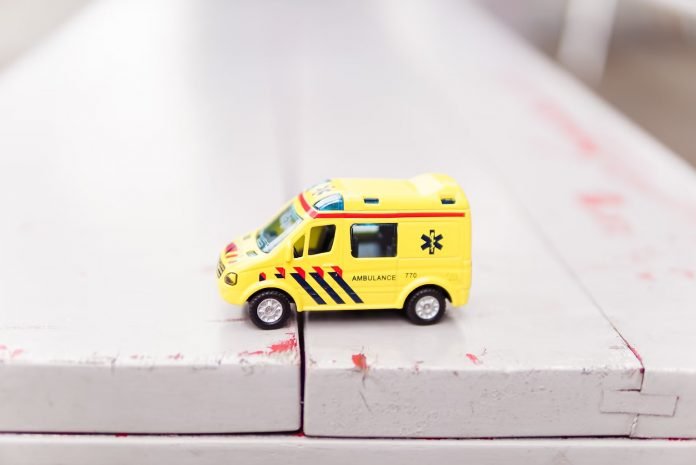Last Updated on January 14, 2026 by Rida Gul
Unforeseen expenses are a normal part of life. Unfortunately, they can also be incredibly expensive. In order to avoid going into debt when unexpected expenses pop up, it’s important to start building an emergency fund now. Here are six reasons why you should think about starting one today:
Table of Contents
Save for unexpected expenses.
The most common reason people struggle to pay their bills, according to a report by Bankrate.com, is unexpected expenses. These can be anything from a broken washing machine to a medical emergency.
If you want to avoid being one of those people (or if you’re already there), If you want to create an emergency fund, start saving now so that when an unexpected expense comes up, you’ll have the funds available to pay for it without having to spend your entire paycheck on it or take out another loan.
Prep for a job loss.
Your work is not guaranteed, and you cannot predict the future. You can only control how prepared you are when the unexpected happens, and having an emergency fund is one of those preparations that will give you peace of mind.
Prepare for a disability.
In addition to the standard emergency fund, you may also want to consider building a separate disability fund. Disability insurance is a type of insurance that pays you if you become disabled and are unable to work for a period of time. The length of time varies depending on your policy; some policies will pay out monthly for up to five years, while others only cover one month before paying out lump sums.
If you don’t have any other sources of income other than what you earn from your job, this kind of coverage can be extremely valuable because it covers expenses such as rent or mortgage payments and food costs while also giving financial relief when something unexpected happens (like an injury).
Cover healthcare costs.
If you already have employer-sponsored coverage through work or another group plan, it might be enough to cover those medical bills without having to worry about paying out-of-pocket costs from an emergency fund—unless something unexpected happens (like one spouse having massive surgery).
Your own individual plan with coverage through Healthcare Marketplace exchanges might not be as comprehensive as other plans available today—but still could leave room for unexpected expenses like dental bills (if any) or prescriptions that aren’t covered by insurance. This type of coverage usually comes with copayments for doctors’ visits which can add up quickly if there’s been no planning beforehand.
Prevent debt.
An emergency fund can help you avoid debt. You might be tempted to use your credit card when an unexpected expense arises, but that’s a bad idea—it’s easy to go into debt when you’re in a tough situation. A savings account is a good way to keep yourself from going into debt over the short term.
If you have an emergency fund and are faced with an unexpected bill, rather than going into debt or looking for payday loans, you will be able to pay off the bill without having any more money taken out of your paycheck than necessary. If there are no other options available and it really is an emergency (and not just something that looks like one), then using a credit card would be better than getting into debt by taking out another loan or putting your bills on plastic.
Support your parents.
Another reason to start building an emergency fund now is to help your parents in their old age. If you’re planning on helping them financially, it will be more efficient if you are financially independent. A good rule of thumb is that the amount of money that should be set aside for retirement should equal a third of your current income — which means that the earlier you start saving for retirement, the less money you’ll need in order to live comfortably during retirement. What better way to show them how much they mean to you than by helping them out when they are old and frail?
Conclusion
Having an emergency fund is a smart move for any family. It’s not something that you need to start saving up for immediately, but it should be on your radar as early as possible. The good news is that it doesn’t have to be difficult — just start small with something like $50 per paycheck and you’ll be well on your way to being prepared in case anything unexpected happens.
About the Author
Monica is a passionate writer and content creator. Her interests include outdoor activities, fitness, technology, entrepreneurship and everything in between. Say hi to Monica on Twitter @monical_lee.
Apart from that if you want to know about The Most Common Causes of Bad Credit then please visit our Business page
















